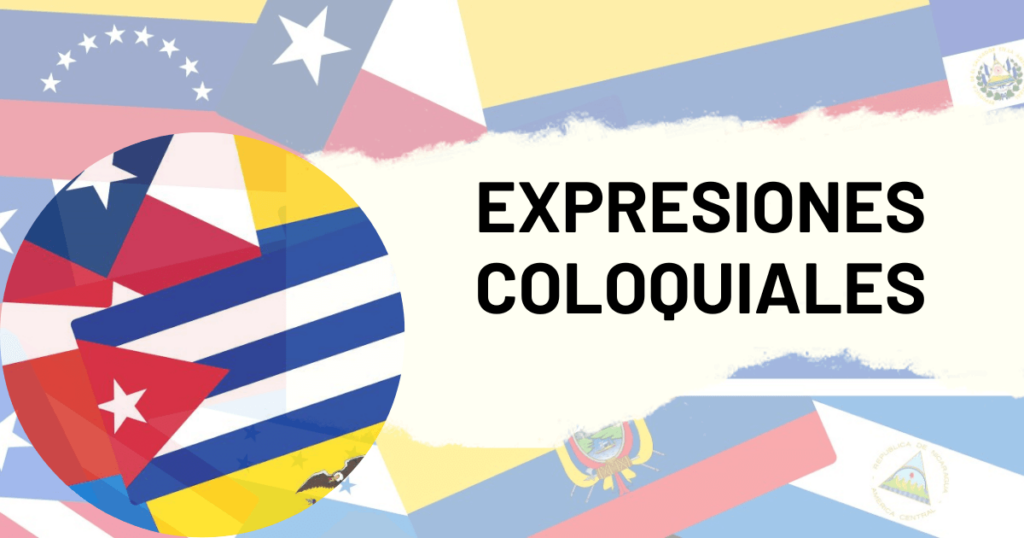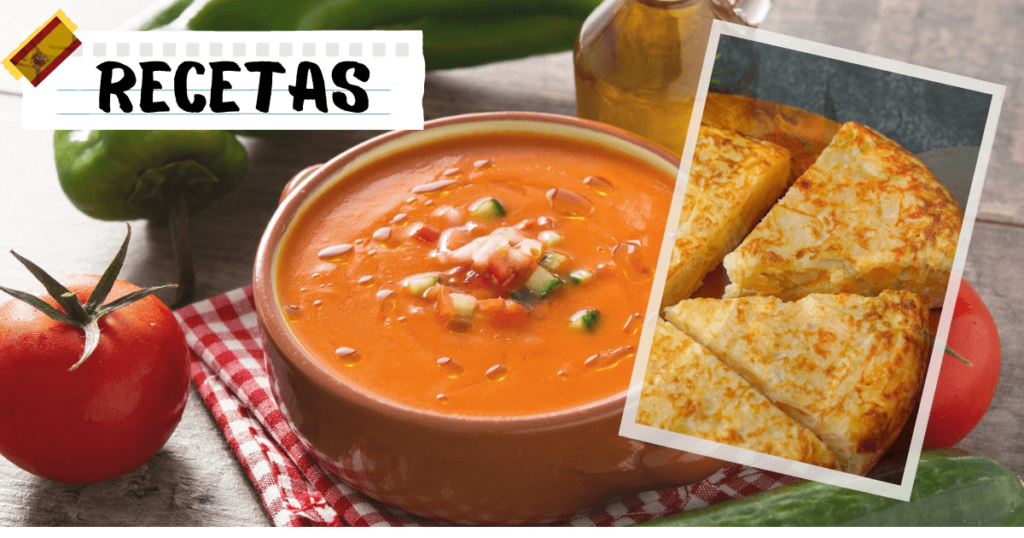Hola, amigos! Welcome to my blog, where I share with you some of the most useful and interesting Spanish words and phrases that you can use in different situations and contexts. Whether you are traveling to a Spanish-speaking country, learning Spanish for fun or work, or just want to impress your friends with some cool lingo, this post is for you!
Spanish is a beautiful and rich language, with many variations and nuances depending on the region and culture. There are so many words and expressions that you can learn to spice up your conversations and sound more natural and fluent. Here are my top 10 picks for the most practical and fun Spanish vocabulary and expressions that you should know:
- ¡Buenos días! / ¡Buenas tardes! / ¡Buenas noches! – Good morning! / Good afternoon! / Good night!
These are the basic greetings that you can use at different times of the day. They are polite and friendly, and a great way to start any conversation. You can also add ¿Cómo estás? (How are you?) or ¿Qué tal? (What’s up?) to show interest in the other person. For example: ¡Buenos días! ¿Cómo estás? (Good morning! How are you?)
Listen to the audio clip - ¡Hola! / ¡Adiós! – Hello! / Goodbye!
These are the simplest and most common ways to say hello and goodbye in Spanish. You can use them in any situation, with anyone, regardless of the time of day or the level of formality. They are also easy to remember and pronounce. For example: ¡Hola! ¿Qué tal? (Hello! What’s up?) ¡Adiós! Hasta luego. (Goodbye! See you later.)
Listen to the audio clip - ¿Dónde está…? / ¿Cómo se dice…? / ¿Qué significa…? – Where is…? / How do you say…? / What does…mean?
These are some of the most useful questions that you can ask when you need help or information in Spanish. Whether you are looking for a place, a word, or a meaning, these questions will help you communicate your needs and understand the answers. You can also add por favor (please) or gracias (thank you) to be more polite. For example: ¿Dónde está el baño? (Where is the bathroom?) ¿Cómo se dice “book” en español? (How do you say “book” in Spanish?) ¿Qué significa “amigo”? (What does “amigo” mean?)
Listen to the audio clip - Me gusta… / No me gusta… – I like… / I don’t like…
These are some of the most common ways to express your preferences and opinions in Spanish. You can use them with nouns, verbs, or adjectives, depending on what you want to say. For example: Me gusta el chocolate. (I like chocolate.) No me gusta el frío. (I don’t like the cold.) Me gusta leer. (I like to read.) No me gusta correr. (I don’t like to run.) Me gusta divertido. (I like fun.)
Listen to the audio clip - Estoy… / Tengo… – I am… / I have…
These are some of the most important verbs that you can use to describe yourself and your situation in Spanish. Estoy means “I am” and is used with adjectives or adverbs to express how you feel or what you are doing. Tengo means “I have” and is used with nouns to express what you possess or what you need. For example: Estoy feliz. (I am happy.) Estoy cansado. (I am tired.) Estoy comiendo. (I am eating.) Tengo hambre. (I have hunger.) Tengo un perro. (I have a dog.) Tengo una pregunta. (I have a question.)
Listen to the audio clip - ¿Te gustaría…? / ¿Quieres…? – Would you like…? / Do you want…?
These are some of the most common ways to make an offer or a suggestion in Spanish. You can use them with nouns or verbs, depending on what you want to propose or invite someone to do. For example: ¿Te gustaría un café? (Would you like a coffee?) ¿Te gustaría ir al cine? (Would you like to go to the movies?) ¿Quieres un helado? (Do you want an ice cream?) ¿Quieres bailar? (Do you want to dance?)
Listen to the audio clip - ¡Vale! / ¡Claro! / ¡Genial! – OK! / Sure! / Great!
These are some of the most common ways to agree or accept something in Spanish. You can use them as a response to an offer, a suggestion, or a statement. They are also very expressive and enthusiastic, and show that you are happy or excited about something. For example: ¿Te gustaría un café? ¡Vale! (Would you like a coffee? OK!) ¿Quieres ir al cine? ¡Claro! (Do you want to go to the movies? Sure!) Me gusta el chocolate. ¡Genial! (I like chocolate. Great!)
Listen to the audio clip - ¡Ojo! / ¡Cuidado! / ¡Atención! – Watch out! / Be careful! / Pay attention!
These are some of the most common ways to warn someone or alert them to something in Spanish. You can use them when you see a danger, a problem, or an important detail that someone should notice or avoid. They are also very expressive and emphatic, and show that you are concerned or worried about something. For example: ¡Ojo! Hay un coche. (Watch out! There is a car.) ¡Cuidado! El suelo está mojado. (Be careful! The floor is wet.) ¡Atención! Hay una oferta especial. (Pay attention! There is a special offer.)
Listen to the audio clip - ¿Qué pasa? / ¿Qué onda? / ¿Qué tal? – What’s up? / What’s going on? / How are you?
These are some of the most common ways to greet someone or start a conversation in Spanish. You can use them with anyone, in any situation, to show interest or curiosity about their life or their mood. They are also very informal and friendly, and show that you are relaxed and casual. For example: ¿Qué pasa? ¿Cómo estás? (What’s up? How are you?) ¿Qué onda? ¿Qué haces? (What’s going on? What are you doing?) ¿Qué tal? ¿Todo bien? (How are you? Everything good?)
Listen to the audio clip - ¡Qué guay! / ¡Qué chulo! / ¡Qué padre! – How cool! / How awesome! / How great!
These are some of the most common ways to express admiration or excitement in Spanish. You can use them with anything that you find amazing, impressive, or enjoyable. They are also very informal and colloquial, and show that you are enthusiastic and positive. For example: ¡Qué guay! Me encanta tu camiseta. (How cool! I love your shirt.) ¡Qué chulo! Ese coche es increíble. (How awesome! That car is incredible.) ¡Qué padre! Esta película es muy divertida. (How great! This movie is very funny.)
Listen to the audio clip
So, these are my top 10 most useful and interesting Spanish words and phrases that you should know. I hope you enjoyed this post and learned something new and fun. If you want to learn more Spanish vocabulary and expressions, check out my other posts and subscribe to my blog. And don’t forget to practice your Spanish with native speakers or online platforms. Hasta pronto, amigos!









